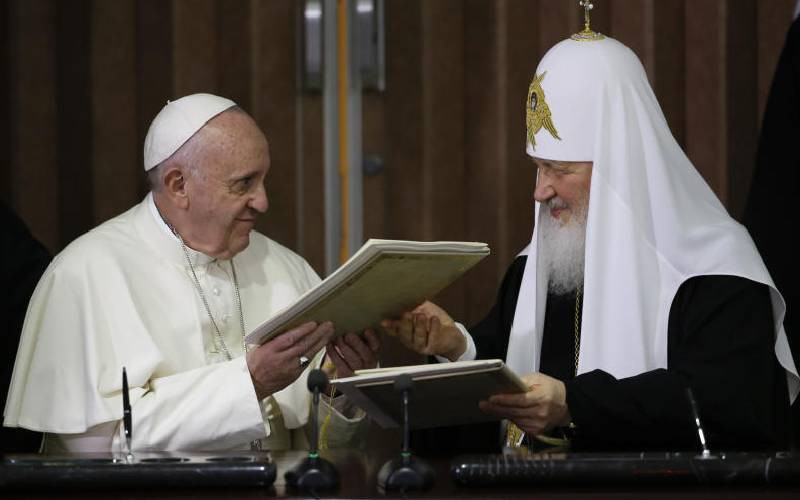×
The Standard e-Paper
Home To Bold Columnists

Pope Francis kept his promise and came back to Africa this week. His movements may be restricted by wheelchair dependency but his smile is as broad and honest.
His thinking is as refreshing and provocative as when he first stepped out on Vatican balcony ten years ago.